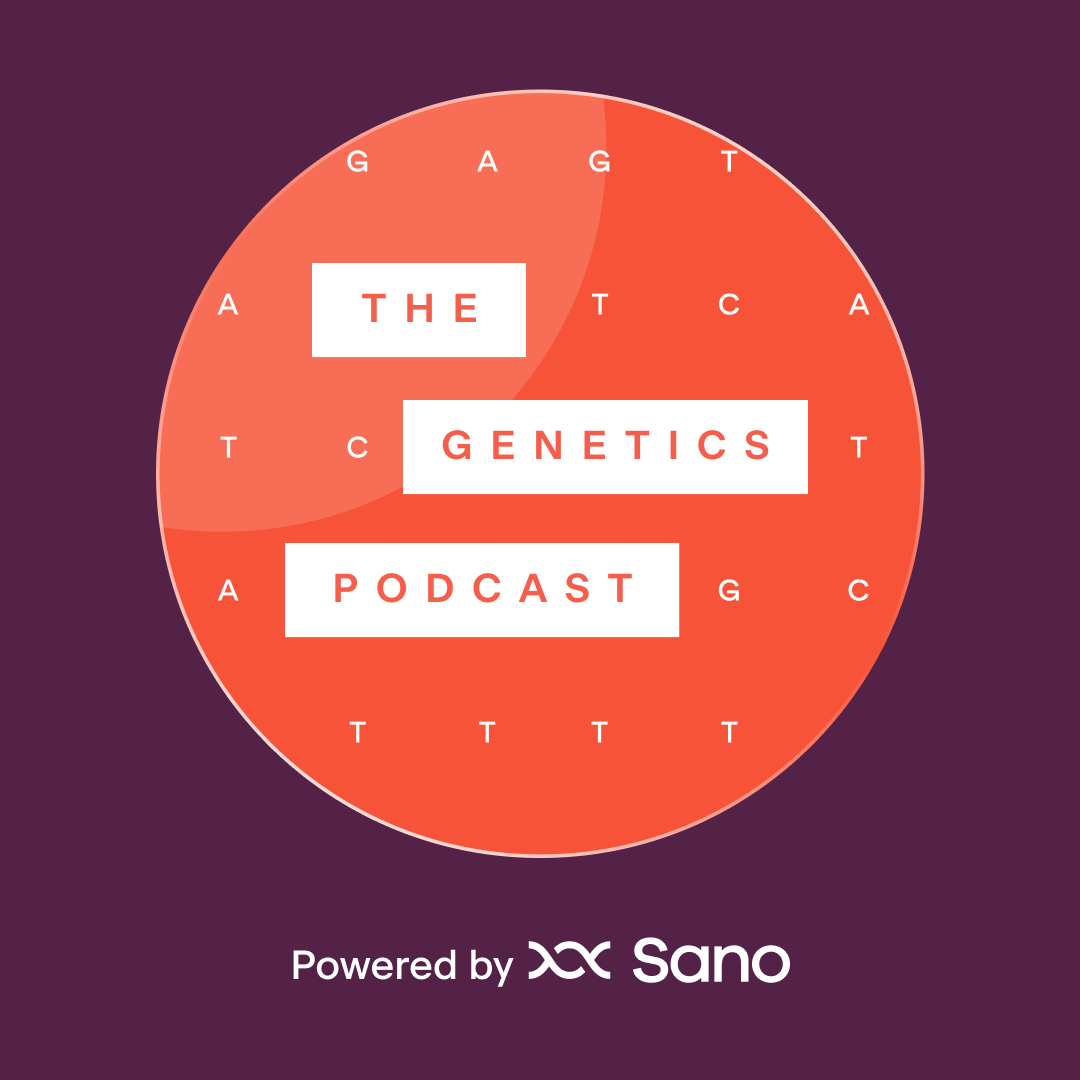EP 124: How ReCode Therapeutics is pioneering tissue specific delivery of gene therapies for Primary Ciliary Dyskinesia with John Matthews
February 29, 2024

On Rare Disease Day, we’re joined by John Matthews, Chief Medical Officer at ReCode Therapeutics. John and Patrick discuss how ReCode is using lipid nanoparticle technologies to revolutionise delivery of novel mRNA and gene correction therapies to Primary Ciliary Dyskinesia (PCD) and cystic fibrosis patients.
Listen in to find out how ReCode and Sano are collaborating to offer eligible patients free genetic testing to better understand the mechanisms behind DNAI1-related PCD, and much more. See here: https://thinkpcd.com/
0:00 Introduction
01:10 How growing up in Malawi planted the seeds for John’s career in medicine and transition to therapeutic development
04:35 Why John focuses on rare diseases and conditions such as asthma
06:01 What has changed over the last decade in terms of treating and understanding asthma and the progress that genetics has enabled
07:31 What drew John to ReCode and the areas and projects the company is working on
09:20 How clinical loss of function in ciliary cells provides insights into the genetic causes of Primary Ciliary Dyskinesia (PCD) and drives development of relevant therapeutics
09:20 How clinical loss of function in ciliary cells provides insights into the genetic causes of Primary Ciliary Dyskinesia (PCD) and drives development of relevant therapeutics
11:15 New frontiers: Restoring ciliary cells in subsets of cystic fibrosis and PCD caused by loss of genetic function
13:05 ReCode’s delivery platform: How the company is pioneering tissue specific delivery with lipid nanoparticles.
For more reading on the Salford Lung study and the SORT-LNP platform, scroll to the bottom of the episode information.
16:50 Collaboration: How Sano and ReCode are working together to offer genetic testing to PCD patients to better understand the genetic mechanisms underlying the disease (thinkpcd.com), and what is currently know about the genetics of PCD
19:01 Situs inversus: Prevalence and PCD
20:33 What is currently known about PCD penetrance and inheritance patterns
21:25 Challenges and complexities of drug development in common vs. rare diseases
24:37 Key differences in running clinical trials: rare vs. common therapeutic areas
27:15 How rare disease-focused companies are using natural history data to reduce the need for placebos at clinical trial
30:52 The Liver Forum: the movement to pool natural history data across major clinical trials to provide large, high datasets
33:26 How innovative programmes in the UK are aiming to securely and ethically share data at scale
35:35 Looking to the future: How innovation lies in the ability to use genetics and secure data sharing as a guiding principle for rapidly developing and delivering new treatments
37:21 The importance of data sharing to enable preventative measures
37:43 The transformative power of registries and patient-owned data
41:10 Closing remarks
Explore these papers to learn more about the Salford Lung study and ReCode’s SORT-LNP platform:
- A Systematic Study of Unsaturation in Lipid Nanoparticles Leads to Improved mRNA Transfection In Vivo
- On the mechanism of tissue-specific mRNA delivery by selective organ targeting nanoparticles
- Selective ORgan Targeting (SORT) nanoparticles for tissue specific mRNA delivery and CRISPR/Cas gene editing
- Lung SORT LNPs enable precise homology-directed repair mediated CRISPR/Cas genome correction in cystic fibrosis models